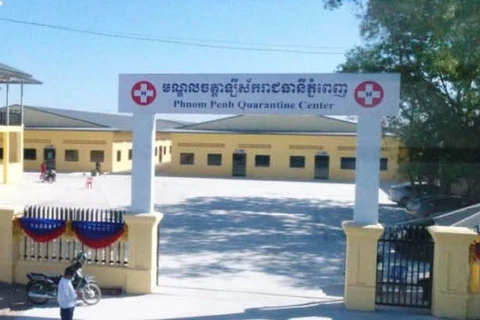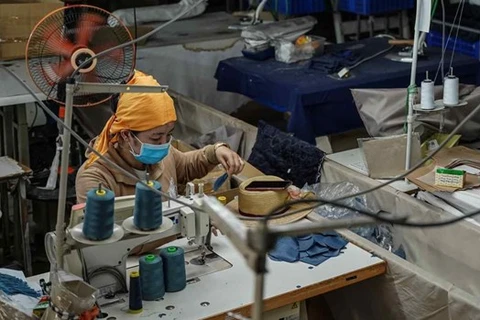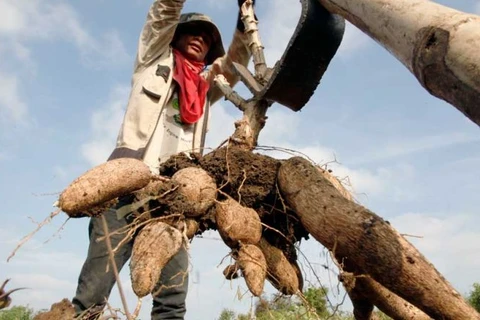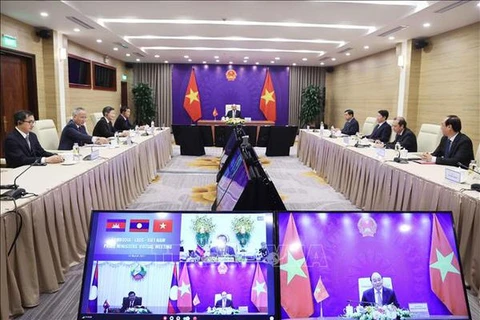
Prime Minister Hun Sen and President Xi Jinping. China will be a key partner in aiding Cambodia’s economy rebuild through both trade and foreign direct investment.(Source: Khmer Times)
According to the report, despite research indicating that a slow recovery in tourism may continue to weigh down growth in the first half of 2021, the sector may strengthen in the second half as vaccines become more widely available and consumer confidence improves.
The report added the government having extended monthly tax exemptions to hotels, guesthouses, travel agents and restaurants in selected provinces, amongst other measures, is improving the situation.
Additionally, Cambodia’s openness to trade remains another factor that will likely spur development, said the report.
The WB report comes on the heels of a DHL Global Connectedness Index study that showed Cambodia ranking 46th on DHL’s list of most globally connected countries. This is a high ranking for a lower-middle income state, laying a foundation for Cambodia to attract more FDI.
China remains the largest source of FDI inflow to Cambodia, with the bulk of its investments going to key sectors such as garments, large infrastructure projects, electric and electronic components, agriculture, mining and energy, coal and tourism.
Other major sources of FDI include the Republic of Korea, the UK, Malaysia, Japan and Hong Kong (China). Similarly, the largest share of committed investment from these economies goes to the garments, construction and infrastructure sectors, followed by tourism and agriculture.
Cambodia has also been quick to move towards a number of regional FTA signings, with an agreement signed with China and the terms of one with the Republic of Korea agreed on.
On the regional front, the newly established Regional Comprehensive Economic Partnership (RCEP) is expected to boost economic confidence across Asia substantially. The WB predicts the agreement could increase Cambodia’s exports to China by 23 percent./.
VNA























